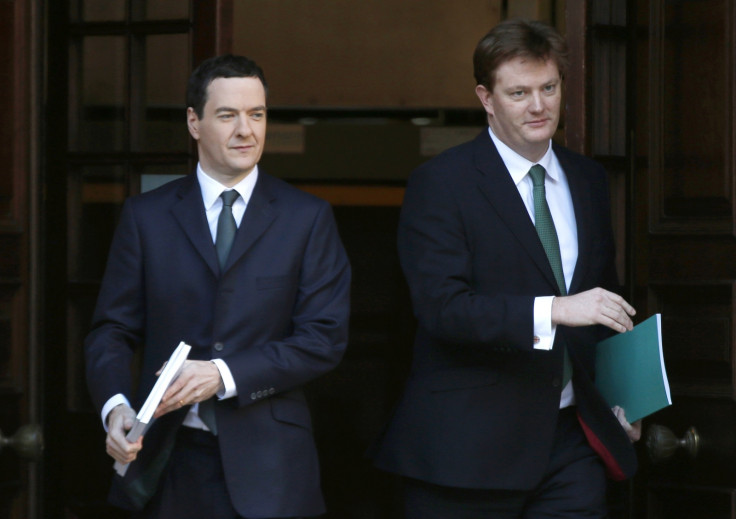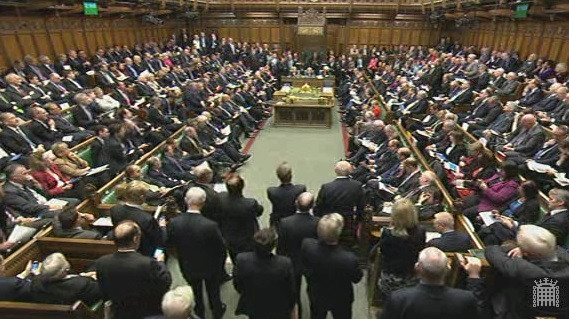William Keegan: Danny Alexander may object to public spending cuts but it is too late for the Lib Dems
Veteran Labour politician Denis Healey, chancellor of the exchequer from 1974 to 1979 and now in his 98th record-breaking year, predicted four years ago that the Conservative/Liberal Democrats coalition would not take long to break up.
Well, it has lasted longer than he expected but the cracks are certainly showing now. As last week's Autumn Statement confirmed, Prime Minister David Cameron and Chancellor George Osborne are promising another five years of austerity if they are re-elected and, furthermore, are putting all the emphasis on more cuts to the public services.

For Treasury Chief Secretary Danny Alexander, it is now abundantly clear that enough is enough. He is second to Osborne in the Treasury, with direct responsibility for controlling public spending.
Alexander has gone along with the Osborne cuts programme so far, but in the very conservative Daily Telegraph has publicly accused Osborne of wanting to inflict "unnecessary pain" by focusing on further cuts to the public services - which hit the poor and voiceless hardest - and eschewing tax increases.
Alexander adds plaintively something that a number of us have been saying for some time: that the Conservatives are "ideologically committed to shrinking the state".
For if ever the fallacy at the heart of the Conservatives' obsession with the budget deficit is laid bare, it is in the way that, while preaching the putative need for more austerity, they have openly proclaimed their intention to introduce a major package of cuts to income tax.
Thus, while Alexander complains his coalition partners want "austerity to last forever", the truth is austerity for some and tax-cutting largesse for others.
It is very unusual for a Treasury chief secretary to object to spending cuts. We have come a long way from the time that one of Alexander's predecessors resigned with his chancellor in the 1950s because prime minister Harold Macmillan objected to their proposals for increasing public expenditure.
Spin and propaganda equals success
To my mind, though, it is remarkable the Lib Dems have gone along with the Conservative-driven austerity programme as long as they have. But one has to admit it is a triumph of spin and propaganda that the present British government has made the so-called crisis with deficit into a kind of national obsession.
The paradox of the present position is that despite all the emphasis on eliminating the deficit, the coalition is far from achieving its goal, as the statistics accompanying the Autumn Statement illustrated.
It cannot be stressed enough that the entire deficit reduction strategy, from 2010 onwards, started from the wrong premise. With the private sector so wounded by the financial crisis, and both business and consumer expenditure depressed, the emphasis should have been on balancing the economy, not the budget.

That was not the time to cut. On the contrary, it is at times when the private sector is depressed that the public sector should fill the gap.
But that is now water under the bridge. The failure of the chancellor's strategy of eliminating the deficit during the current Parliament has made him into a laughing stock.
Yet the real problem was the lack of economic growth during the first three years, which guaranteed there would not be enough tax revenue to enable him to achieve his aim. He inherited an economy that was recovering from the crisis and proceeded to blow it with all that talk of the need for austerity.
To their discredit, the Lib Dems went along with the Osborne strategy. Now with an election looming, they have woken up to the fact most of their natural supporters, disgusted by the cuts to public services, have deserted in droves. No wonder Alexander has suddenly discovered the importance of public services!
William Keegan is a journalist and academic who is the senior economics commentator at The Observer.
© Copyright IBTimes 2025. All rights reserved.






















